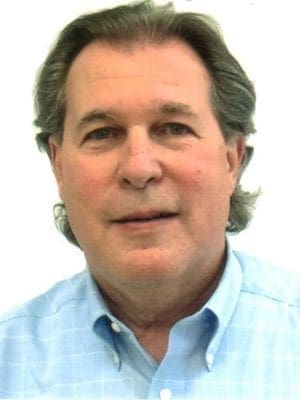Quaker Richard Foster has drawn the topographical map of Christian spirituality with its streams of “spiritual traditions” (contemplative, holiness, charismatic, social justice and evangelical).
Baptists are found all over the map. But the dominant stream most Baptists come from is one of personal piety derived from a devotionalistic attachment with the Bible.
Nevertheless, there are notable Baptists who’ve made their mark in the world by living outside the restrictions of the tradition of conservative Baptist piety.
Those Baptists are men and women who may have grown up in the stream of personal piety but have since spilled over the banks of faith that hold personal piety in place.
Baptist spirituality has long held a generous admiration for Dietrich Bonhoeffer but has revered him from a safe distance by refusing to view his experience apart from an allegiance to inward piety.
That distance is measured by the subtleties of Baptist belief that resist connecting the dots between God’s reconciliation and God’s justice. Baptists live faithfully to their heritage where personal piety trumps other equally valid forms of spiritual traditions.
From that stance, we can minimize the proverbial salt and light by interpreting them solely as metaphors for inward spirituality.
Bonhoeffer was a German Lutheran pastor who lived in the vortex of a storm of religious nationalism, unbending moral dilemmas and conscience.
He was unusual in that he was one of the few German ministers willing to think deeply about the implications of being a person whose chief allegiance was to God and not to the state.
As a professor, Bonhoeffer had the opportunity to travel to America just as Nazi Germany was implementing an Aryan purification of society by their annihilation of those in Europe considered inferior to them.
While in the states, Bonhoeffer taught at Union Theological Seminary in New York and was encouraged by his peers to stay in America while Germany’s power grew as a threat to the world. But conscience overwhelmed logic, and he returned to struggle with his people.
Al Staggs, an itinerant performance artist, has dramatically interpreted Bonhoeffer, Walter Rauschenbusch, Archbishop Oscar Romero, Clarence Jordan and Thomas Merton for decades.
Staggs is a theologian who, like Bonhoeffer, first made his way in ministry as a pastor. Later, he was called to live out a performing role on behalf of the church by bringing to life these important shapers of 20th-century faith.
Staggs has written an intriguing book that ponders how Bonhoeffer might view the enormous ethical demands of the 21st century. His book considers the question in its title, “What Would Bonhoeffer Say?”
It’s the right time for a book to surface that raises Bonhoeffer’s questions of conscience in light of the world’s complicated issues at the turn of the millennium.
To hear Bonhoeffer from his time, one is startled to learn that the issues of pre-war Germany are strikingly similar to those of the American church two generations removed.
For most readers, the book might operate as “Bonhoeffer for Baptists” as Staggs continuously references the struggles of Baptist life over issues of freedom and conscience.
Bonhoeffer, like most Baptists, struggled with how the church should relate to the world in a contentious time.
He struggled with racism and the agonizing questions of how one could support one’s country as a form of patriotic nationalism in the face of Hitler’s solution to the “Jewish problem” of Europe.
This book will challenge the Baptist preference of piety over God’s preference for the poor and issues of social justice. The book covers an important field of questions without providing simplistic answers.
A group that is not afraid to ask the hard questions and who would appreciate the struggle of seeking answers would benefit by attending to Bonhoeffer’s life and the rich heritage of his writings.
Keith Herron is senior pastor of Holmeswood Baptist Church in Kansas City, Mo.

